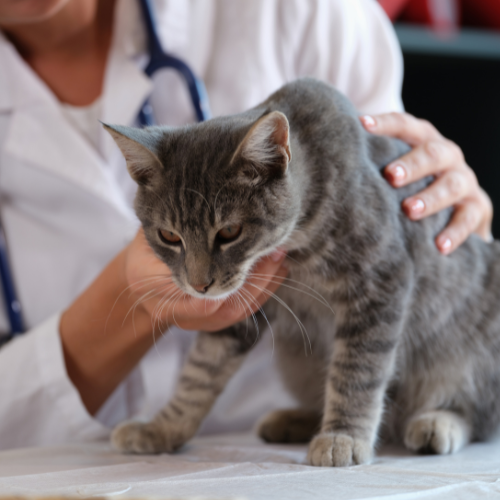
What Every Cat Owner Should Know About Worms and Overall Health
As a cat owner, it’s easy to see your kitty as a self-sufficient, resilient little creature. But beneath their independent exterior lies a vulnerability to pesky invaders that can compromise their health: worms. Addressing worm infestations is not just about getting rid of the worms themselves—it's an essential part of maintaining your cat’s overall health and wellbeing. Let’s delve into why this is crucial and what you need to know to keep your feline friend in top shape.
The Hidden Harm of Worm Infestations
Worms are more than just an icky inconvenience; they can cause serious health issues in cats. These range from mild symptoms to life-threatening problems, particularly in kittens and older cats whose immune systems might not be robust. Here are some ways that worms can affect your cat's health:
- Nutritional Deficiency: Many worms feed on your cat’s blood or nutrients from their food. This can lead to deficiencies, weight loss, and a general decline in health.
- Gastrointestinal Upset: Symptoms like diarrhea, vomiting, and constipation can all be caused by worms. Chronic gastrointestinal issues can lead to dehydration and further weaken your cat’s health.
- Anemia: Some worms, particularly hookworms, can cause severe anemia, which can be life-threatening if left untreated. Symptoms include lethargy, weakness, and pale gums.
- Damage to Organs: In severe cases, worms can cause damage to a cat’s internal organs. For example, heartworms can lead to heart failure and severe lung disease.
- Growth Delays: In kittens, heavy worm infestations can stunt growth and contribute to a poor start in life, impacting their health in the longer term.
Prevention and Treatment: Key to Health
Effective worm control involves both treatment and prevention. Here’s what you can do:
- Regular Deworming: Follow your vet’s recommended deworming schedule. This typically involves treating kittens starting at two weeks of age, with repeat doses every two weeks until they are about three months old, followed by regular treatments throughout their life.
- Yearly Check-Ups: Annual veterinary check-ups can help catch worm infestations early, even if your cat appears healthy. This is also a good opportunity to discuss and update your cat’s deworming schedule.
- Good Hygiene Practices: Regularly clean your cat’s litter box and living environment. Dispose of feces daily and wash your hands thoroughly after handling.
- Control Fleas: Since fleas can carry tapeworms, controlling fleas is an essential part of preventing tapeworm infections. Use vet-recommended flea control products regularly.
- Monitor Health and Behavior: Keep an eye on your cat’s health and behavior for signs of worm infestations, such as changes in appetite, weight loss, a dull coat, or a swollen abdomen.
Educating Yourself and Family
Understanding the risks and signs of worm infestations is crucial not just for your cat’s health but also for your family’s wellbeing, as some worms can be transmitted to humans. Educate your family about the importance of hygiene and the steps they can take to help keep everyone, including your furry friends, healthy.
In Summary
Preventing and treating worms is a fundamental aspect of caring for your cat. It’s not just about keeping them free from worms, but ensuring they lead a healthy, happy life. Remember, proactive healthcare practices and regular veterinary consultations are your best tools in maintaining your cat’s health. Your vigilant care can make a significant difference in the quality and length of your cat’s life.


